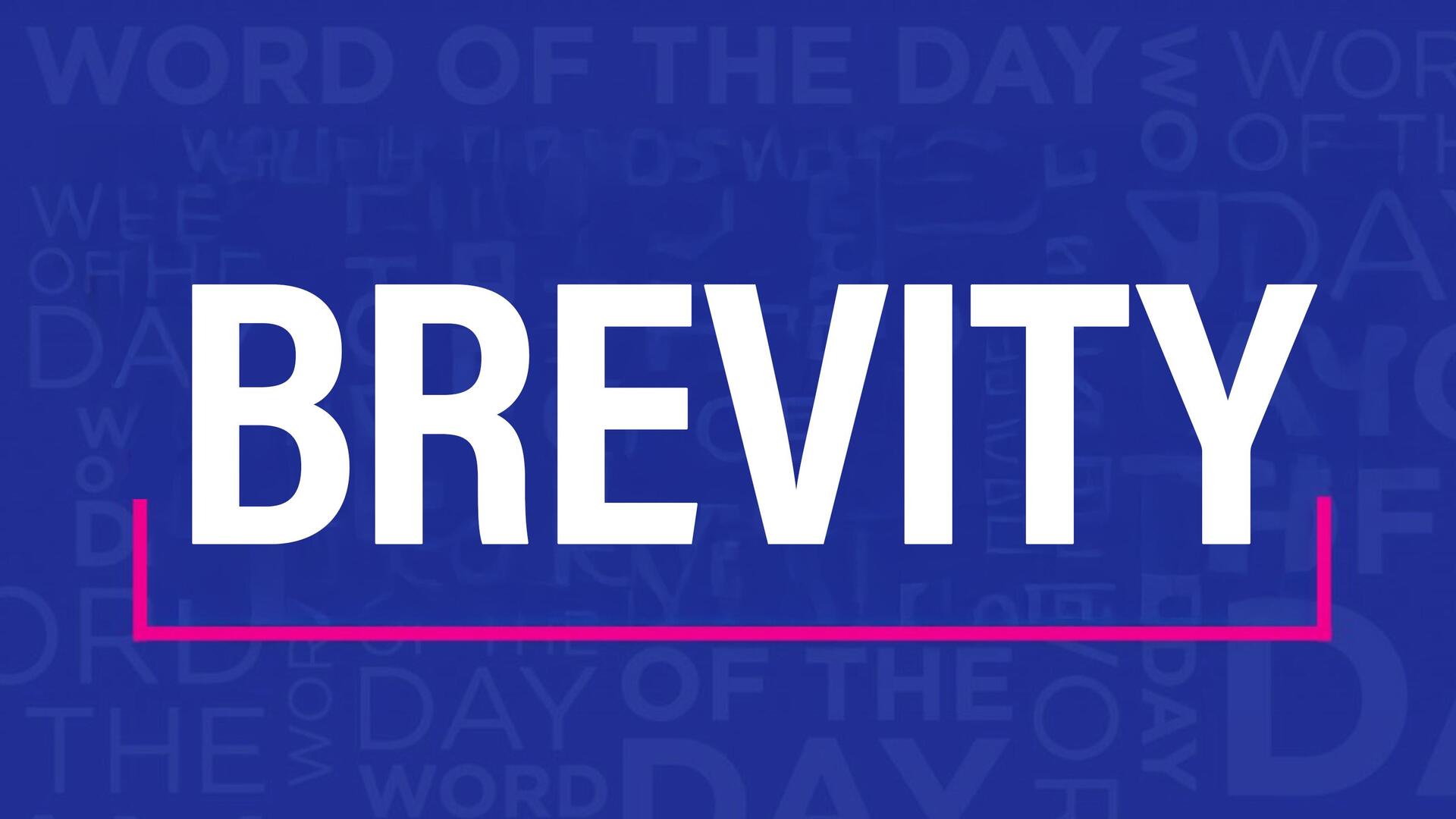
Word of the Day: Brevity
What's the story
"Brevity" is the art of saying more with less. It's the soul of wit, the ability to pack meaning into concise words or phrases. It's not about cutting corners; it's about being efficient with language and delivering impact with clarity. Whether you're crafting a tweet, writing a speech, or telling a story, "brevity" ensures every word counts.
Origin
Origin of the word
The word "brevity" comes from the Latin word brevitas, meaning "shortness" or "briefness," derived from brevis (meaning "short"). It entered English in the late 15th century and has since been used to refer to concise expression or the quality of being brief in speech or writing.
Synonyms
Synonyms for 'brevity'
Words like conciseness, succinctness, pithiness, terseness, and crispness are often used in place of "brevity." While they all refer to being brief, each has its nuance - conciseness highlights clarity without unnecessary detail, while pithiness conveys brevity with substance. Terseness can suggest brevity with sharpness or abruptness, while succinctness balances briefness with completeness.
Usage
Sentence usage
Here's how to weave "brevity" into your sentences: "Her speech was marked by its brevity, yet it left a lasting impression on the audience." "In journalism, brevity is essential to capture the reader's attention in the shortest time." "Shakespeare once said, 'Brevity is the soul of wit,' underlining the power of being concise."
Literature
Why use the word
"Brevity" is more than just a word; it's a writing philosophy. It conveys the power of precision and clarity in expression. In literature, "brevity" is celebrated for its ability to distill complex ideas into impactful statements, making writing more engaging and memorable. It's the hallmark of writers who respect their readers' time and attention.